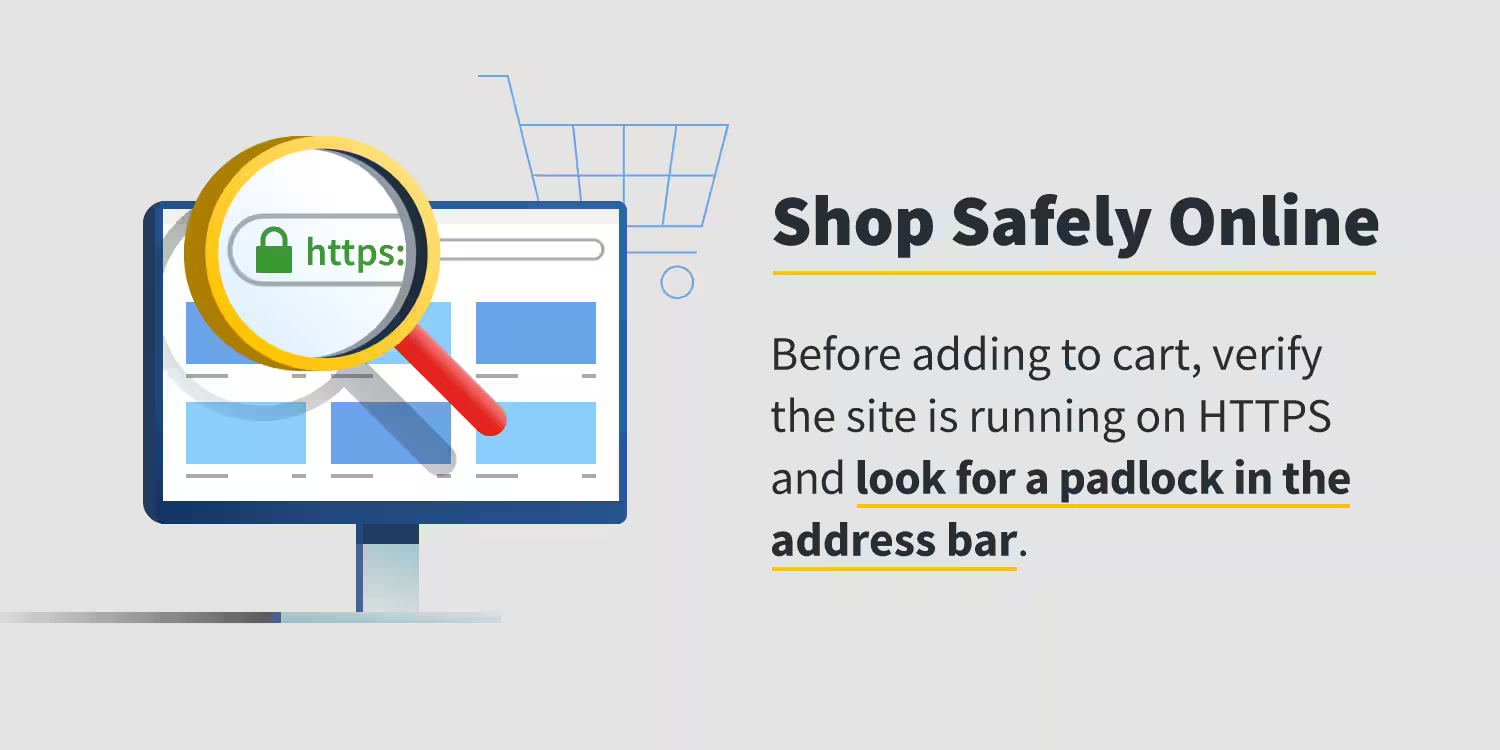Sales Tech that explodes your Growth
How to increase sales through technology.

Never before has Sales Technology been more affordable and available to the SMB. Current Technologies can be the jet fuel that powers Small and Medium sized Businesses (SMBs) towards explosive growth. These tools have transformed the way we approach sales, providing efficiency, and scalability that were unimaginable just a few years ago. However, to fully harness the power of sales tech, you must first optimize your sales processes and lay a solid foundation. This Blog has been written to help guide you through all the critical steps to do this.
Sales Process Analysis: The Foundation of Your Sales Strategy
Whether your sales team is you or 50 sales people under your supervision. Before you leap into the world of sales tech, the first step is a thorough sales process analysis. Understanding your current sales process, identifying bottlenecks, and optimizing workflow are key to creating a streamlined, efficient sales machine. The beauty of a well-defined sales process is that it can be scaled up as your business grows, and it provides a blueprint for implementing your sales technology stack. Once you are happy with your sales process make sure you document it and enforce it with your sales team. This will pay off big dividends as you implement the foundation of your sales data your CRM.
Implementing a CRM: Your Sales Tech Cornerstone
A Customer Relationship Management (CRM) system is the cornerstone of your sales tech stack. It's crucial that as you build out your CRM that you configure it to reflect your sales process because if it doesn't your sales people won't use it. CRM systems centralize customer data, streamline communication, and automate tasks, making them an indispensable tool for modern sales teams. But remember, a CRM is only as good as the data it contains. Therefore, proper integration with your sales process and meticulous data management are crucial.
AI integration with your CRM is something you should and can look at if you are a Small Business. Simple integrations and/or native solutions are available for most CRM's and will increase productivity and the quality of communication for your sales team from day one.
Unleashing the Power of Sales Intelligence Software
Once the foundation of your optimized sales process and CRM system is in place, it's time to turbocharge your growth with sales intelligence software.
Sales intelligence tools are pivotal in providing actionable insights. These tools can gather what is called intent data—information on potential customers' purchasing intentions gathered from search engines and the like— that will allow you to refine targeting strategies and improve conversion rates. Additionally, for B2B businesses, they can offer website traffic data, revealing what companies who are interacting with your website. This data helps tailor marketing efforts and identify high-potential leads.
Sales intelligence software can integrate technologies like predictive dialers, email automation, and social media outreach automation, maximizing your sales efforts. For example, predictive dialers can optimize your call times, ensuring your sales team spends less time dialing and more time talking to potential customers. Similarly, email automation can streamline your outreach efforts, ensuring your team can focus on personalizing their approach and closing deals.
*A note about Social Media Automation tools: These tools can also play a key role in growing your business, but they should be used strategically. Many companies use Social Media Automation Tools to try to immediately drive sales. We have not found this approach to be very effective because likeability, trust, and credibility are still critical precursors before a customer buys. The power of these tools lies in networking, building relationships of trust, with prospective customers and guiding them through the Brand Awareness, Consideration and Conversion phases of Marketing. So our recommendation is use Social Media automation to enhance your reach without losing the personal touch and teach your sales people to grow their network with automation but create sales by providing value through their feed, and do what they do best, get people to like, trust and believe in your company. Social Media Automation can and does assist sales people in doing this at scale if used properly.
Reporting and Analysis: The Key to Continuous Improvement
Now that your sales tech stack is in place, the final step is to harness the power of reporting and data analysis. Your tools should provide comprehensive reporting features that give you insights into your sales team's activities, the success of your strategies, areas for improvement, and the ability to forecast your growth so that operations understands what is coming down the pipeline and can prepare accordingly. Remember, the goal is not just to collect data but to use it effectively. Regular analysis can help you refine your approach, improve your sales process, make data driven decisions and ultimately drive more growth.
Supercharging Sales Efficiency
Sales technology won't replace your salespeople; instead, it empowers them to be more efficient and productive. By automating non-revenue generating activities, your team can focus on what they do best: building relationships, closing deals, and driving growth. In essence, sales tech can increase their volume of activity tenfold, making them more efficient than they've ever been. With one company we saw the implementation of a sales solutions stack increase sales by over 350% and reduce sales operational costs by over 50% in just 11 months!
Affordable and Accessible: Sales Tech for SMBs
Modern sales technology isn't just for large corporations. Many tools are affordable and accessible for SMBs, making it easier than ever to implement a comprehensive sales tech stack. The key is conducting thorough sales analysis to identify the tools that best suit your business needs and processes.
Sales technology is a powerful weapon for SMBs. With an optimized sales process, a well-implemented CRM system assisted by AI, the power of sales intelligence software, and a focus on data-driven decision-making, SMBs can harness the power of sales tech to drive explosive growth. The future of sales is here, and it's powered by technology.




